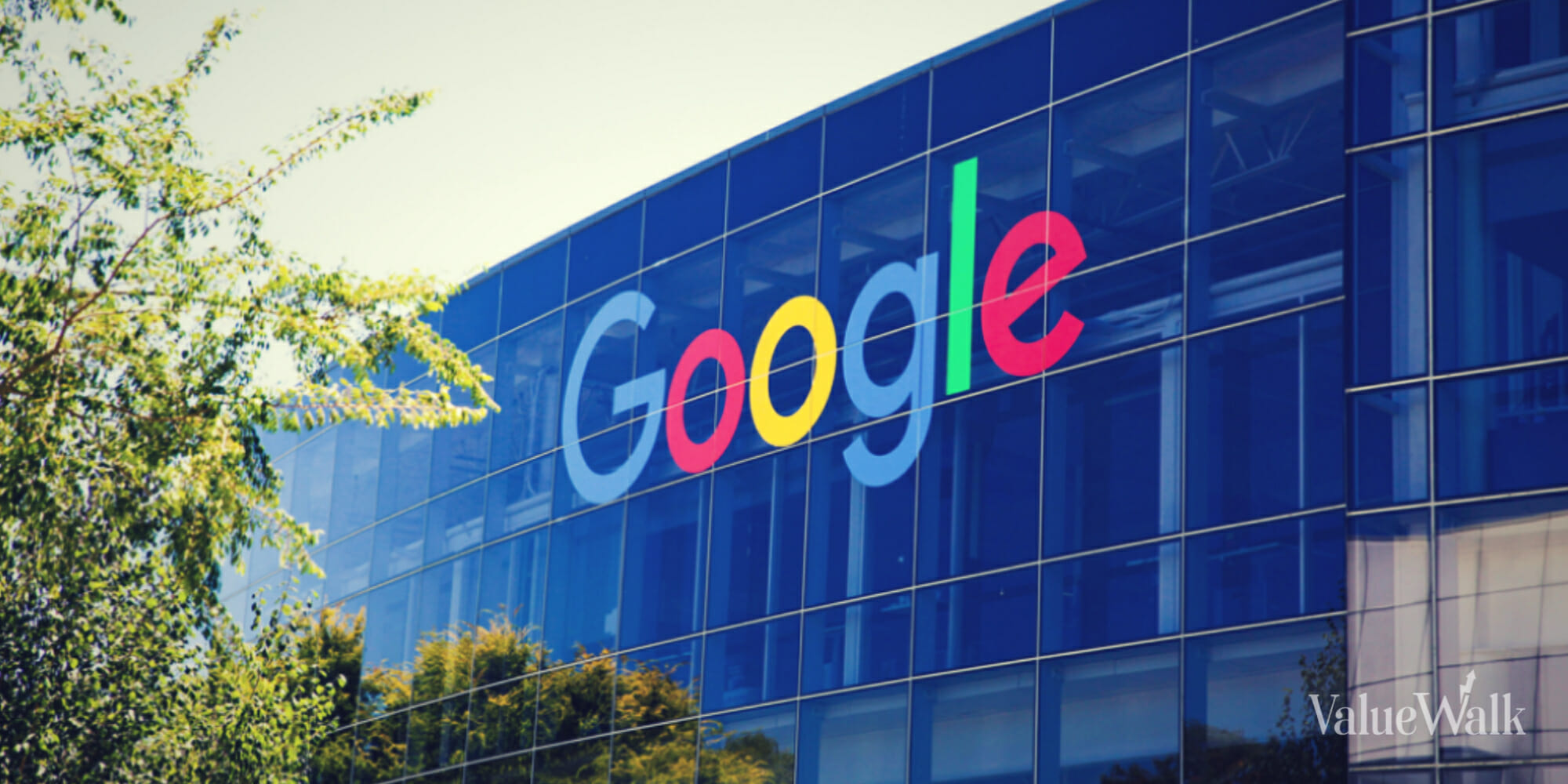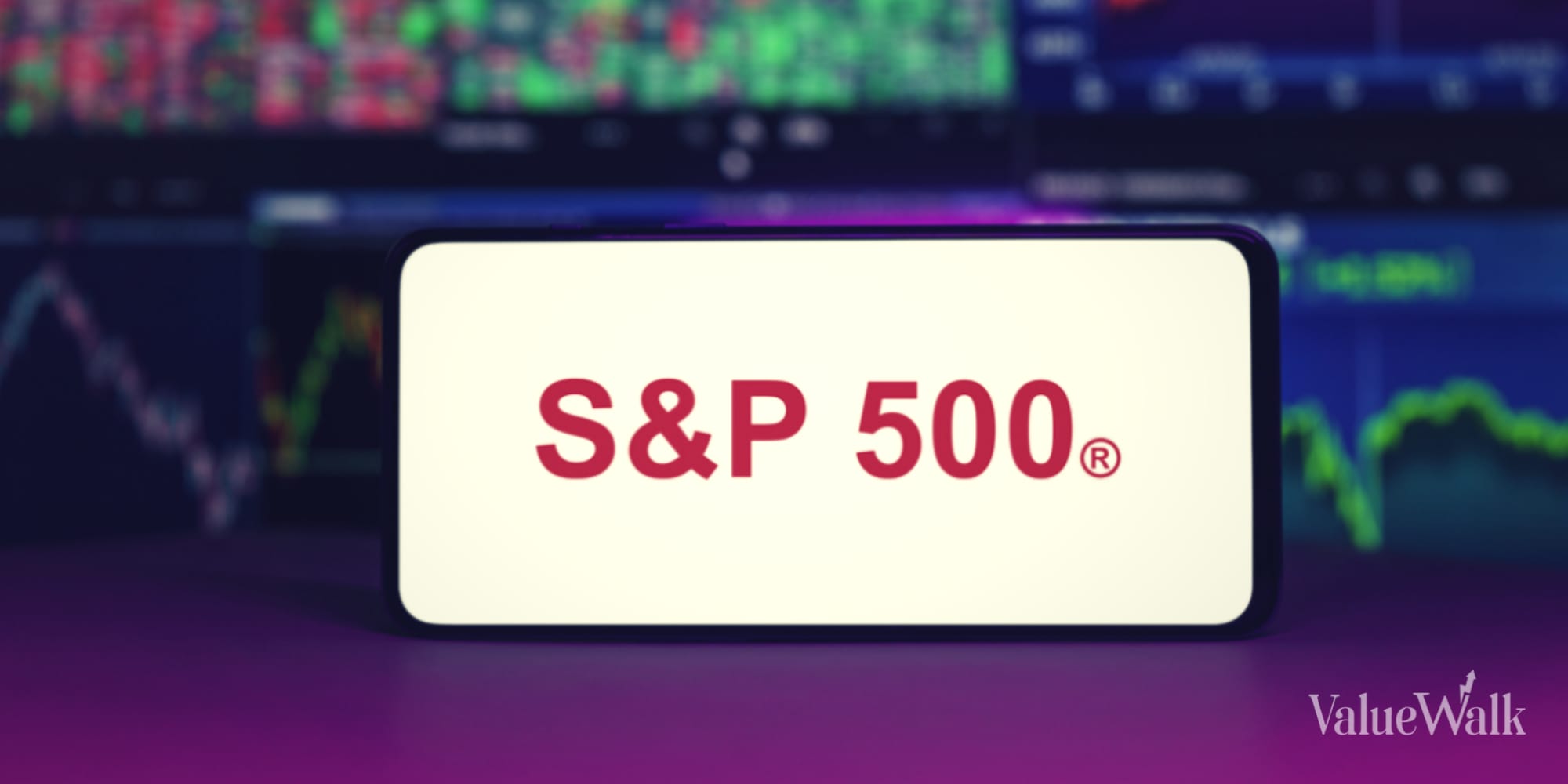Valuation-Informed Indexing #390
By Rob Bennett
Irrational exuberance.
We’ve all heard about it. We all know what it is. It’s when stock prices drift a bit higher than they should. It’s an unfortunate phenomenon. But there’s really nothing that one can do about it. You just have to stick with your same old stock allocation and let things work themselves out. Irrational exuberance isn’t something for the individual investor to worry about.
Right?
I don’t think so. I think that irrational exuberance affects just about everything that has any connection to the stock market whatsoever. And I think that irrational exuberance is something that all investors need to be thinking about at all times, even when it is not playing that big a role in the setting of stock prices.
How is the economy likely to perform in coming years? That’s determined largely by the amount of irrational exuberance reflected in today’s stock price.
Will the level of political unrest be increasing or diminishing in the near future? That’s another irrational exuberance question.
Are young people going to be able to achieve the incomes needed to move out of their parents’ houses? Yet again, you need to check out the irrational exuberance story to determine the answer to this one.
Robert Shiller brought to light one simple reality with his Nobel-prize-winning research of 1981. But it is a reality so fundamental to everything that goes on in our economic system that his research should change our thinking about just about everything going on around us. Before we had Shiller’s research, most of us thought that the market was efficient. That’s another way of saying that investors are rational. If investors are not rational but highly emotional, as Shiller showed, everything changes.
Say that you own a business and that you are losing ground to your competitors. Say that you always believed that spending money on advertising was a waste because your believed that customers should decide whether to give you their business based on the merit of your product but that that strategy is just not working out that well. Your competitors direct less financial resources to making a quality product but they gain more sales because their advertising appeals to customers on an emotional level and that works. What do you do? You have to start appealing to customers on an emotional level too, do you not?
That’s where we stand re the stock market and re our economic system in general (because it is affected by what happens in the stock market) as a result of The Shiller Revolution. If stock prices are determined by investor emotion, then we cannot trust the numbers on our portfolio statements. Those numbers might be the product of flighty emotions rather than of cold and hard economic realities.
If large numbers of investors see large percentages of their retirement portfolios disappear, they might become afraid to spend as much on goods and services and we might see lots of businesses fail and lots of workers lose their jobs. That can cause political unrest, of course. “It’s the economy, stupid!” is one of the most often repeated political aphorisms for a good reason -- both liberal and conservatives become disillusioned with policymakers when the economy goes bad. And, for young people to accumulate the amount of resources needed to purchase their own homes, businesses need to be adding workers and increasing the wages of workers who already exist. That sort of thing happens when investors are taking money from the future to enjoy it in the present and stops happening when investors are paying back the debt incurred during times of irrational exuberance in the past.
Exuberance is a good thing. Why not be positive? Why not be excited? Why not be happy? But irrational exuberance is a dangerous thing. An irrational exuberance is an exuberance that incurs costs. Even non-investors should be concerned when they hear that there is irrational exuberance evidencing itself in stock market prices. We should want rationality to prevail to the greatest extent possible in our economy. When things turn irrational, things turn unpredictable and we all get hurt. Any sort of exuberance seems fun in the short term but the irrational sort is never worth the price that must be paid for it.
Most of us don’t today appreciate how big a deal irrational exuberance is because it’s not something we like to think about. We like thinking that any exuberance we see in our economy is of the rational sort. And we don’t like to acknowledge that we have engaged in irrationality ourselves or failed to speak up when we saw others engaging in it.
I see the discovery of irrational exuberance as an opportunity. Now that we know about it, we can work on reining it in. If irrational exuberance has been causing all sorts of economic harm for a long time now, wouldn’t it be great to do something about it so that we can all live richer lives in the future? Irrational exuberance is not a fun thing or a trivial thing. It hurts humans and other living things.
Only you can stop irrational exuberance.
Rob’s bio is here.






